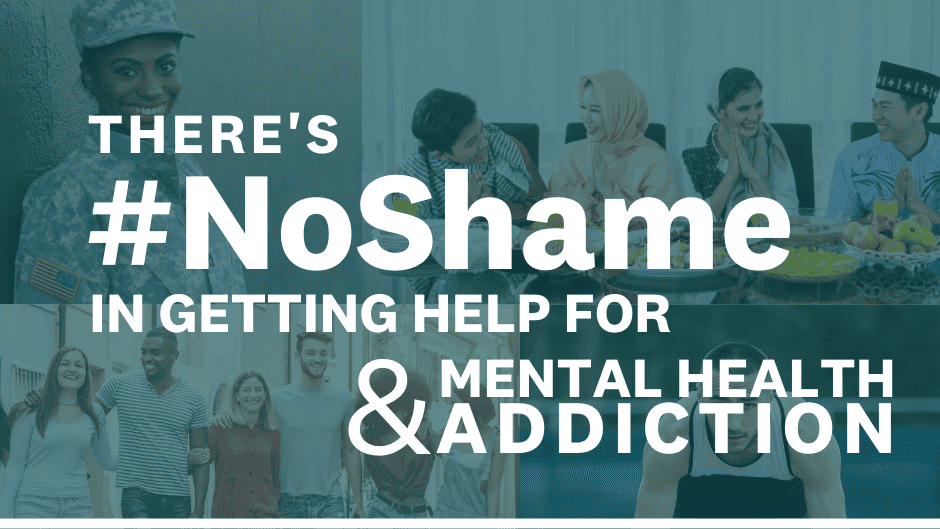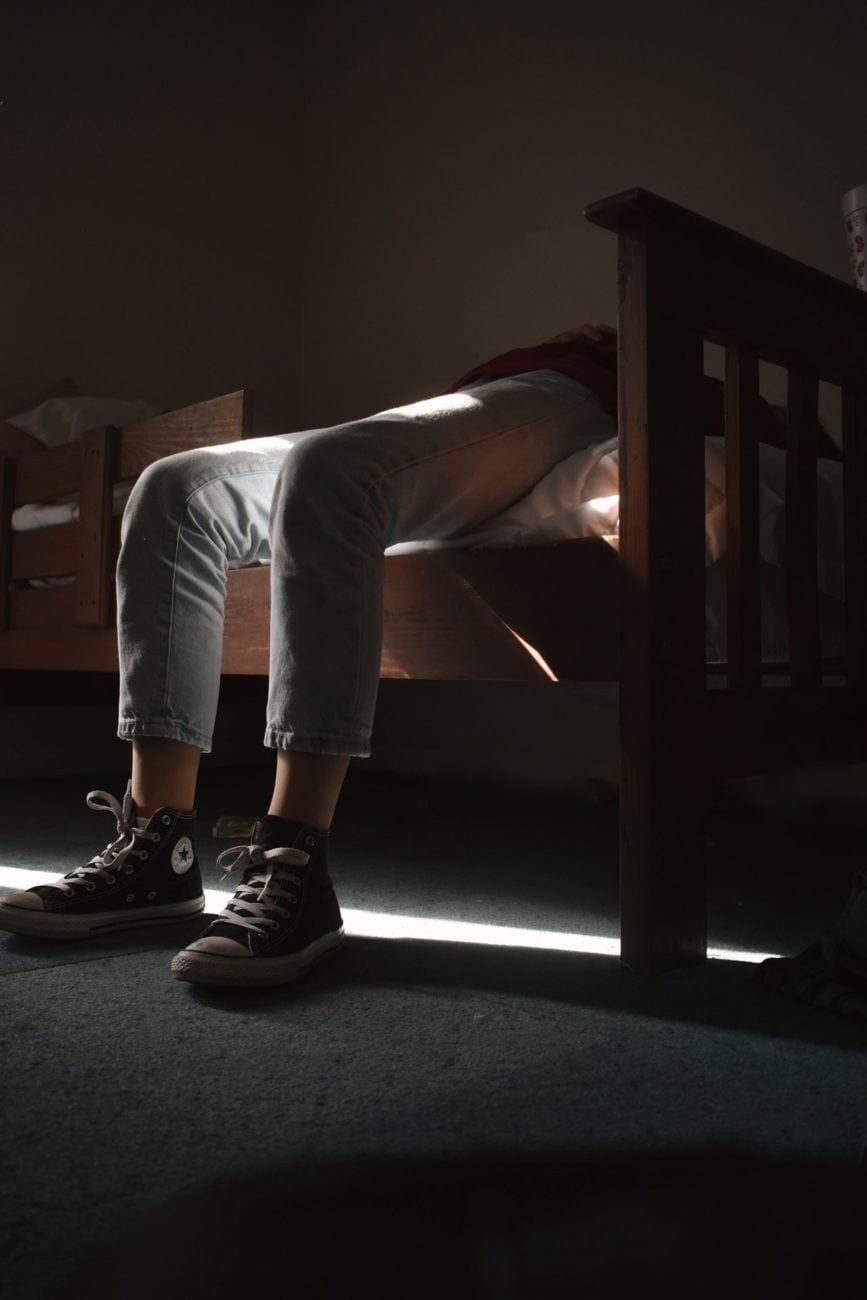“JUST THE FACTS” is a series focused on substance use and mental health written especially for young adults and their parents. It’s easy to understand and judgment-free, giving young adults just the facts they need to help them make informed choices.
Have you ever heard about the “Just Say No” anti-drug campaign from the 80’s?

At the time, First Lady Nancy Reagan said she came up with the name while meeting with school children in Oakland, CA when a student asked her, ‘Mrs. Reagan, what do you do if somebody offers you drugs?’”
“Just say no,” Mrs. Reagan replied.
But in retrospect, those three words oversimplified both the nature and reality of what happens surrounding substance use. Critics have said the message was too simplistic and vague. We have to know why we are saying “no”, and that requires real information we all need to make decisions.
Peers are the people who are part of your same social group, so the term “peer pressure” refers to the influence you have on one another. “Pressure” usually implies the use of persuasion, influence, or intimidation to make someone do something — and has more of a negative effect.
You are pressured to do the same things as others — and you have to do it in order to be liked or respected by them. And BTW: this is not limited to teens. If they are being honest, most people over 30 will probably admit they still feel pressured to be like their friends or work colleagues.
Is peer pressure sometimes a good thing?
Yes, but let’s call that peer support. Are they encouraging you to grow as a person? Supporting you as a friend? Encouraging your ability in sports, a competition, in theater, volunteer, or get you to be “more green”? It’s not always a bad thing if you end up growing as a person or are doing good for others.
Is it just about making you feel bad?

Why do my friends try to get me to vape/drink with them?
People vape for a wide variety of reasons: boredom, curiosity, rebellion, and so on. Your friends may know it’s not good for them, but decide to take the risk. They may also simply be unaware of the health risks. (You can check out our Vaping resource for more information).
Sometimes your friends may feel like you are judging them if you don’t join in. If that’s the case, one person we talked to uses, “That’s cool, but I’m going to pass today. I don’t feel like it.”
So how do I turn people down without just saying no?
You can figure out a reason that works ahead of time. Some examples:
- “I have asthma, and my doctor told me I can’t (smoke, vape, use drugs) along with my asthma medication.”
- “I’m up for a new job (or entering military service, sports, law enforcement) and I can’t risk it when I get tested.”
- “No thanks. I’m just not into it.”
- We also like the subReddit acronym “IWNDWYT.” That means: I will not drink with you today.
And if that doesn’t work?

Others use an agreed on phrase to text a parent or a friend whey they don’t want to look like they are bailing — which becomes code for “get me out of here.”
Finally, this may be your least favorite option — but let’s just put it out there: you can make the decision to change your group of friends. Some will respect that and follow you. Others won’t. If they don’t respect your choices, they never respected you in the first place.
Resources
-
 Page
PageInvite Someone To Take the No Shame Pledge
Invite someone to join our national movement to combat stigma, because there’s #NoShame in getting help for mental health and addiction. -
 Resource
ResourceJust the Facts: Anxiety in Mental Health
Get the facts you need to know about anxiety and how to get help. -
 Resource
ResourceJust the Facts: Alcohol
Get the facts you need to know about drinking so you can make an informed choice. -
 Resource
ResourceJust the Facts: Know The Signs
There are often clues, or signs, that indicate a friend, parent, or family member needs help for addiction. -
 Resource
ResourceJust the Facts: Addiction & The Brain
Learn the facts about addiction and how it changes both brain structure and brain function.

